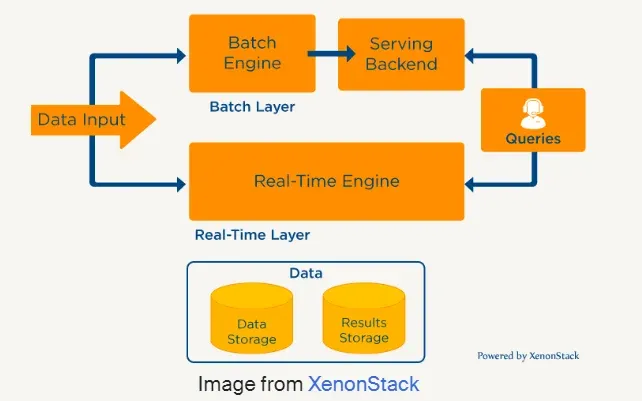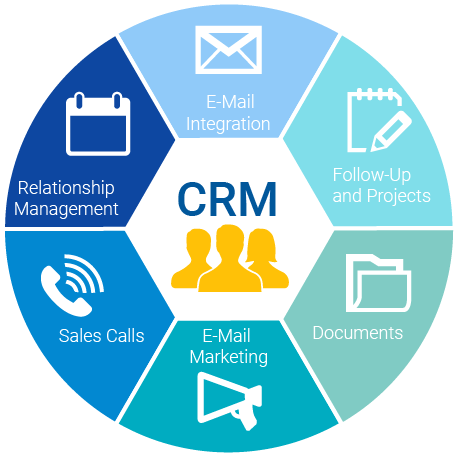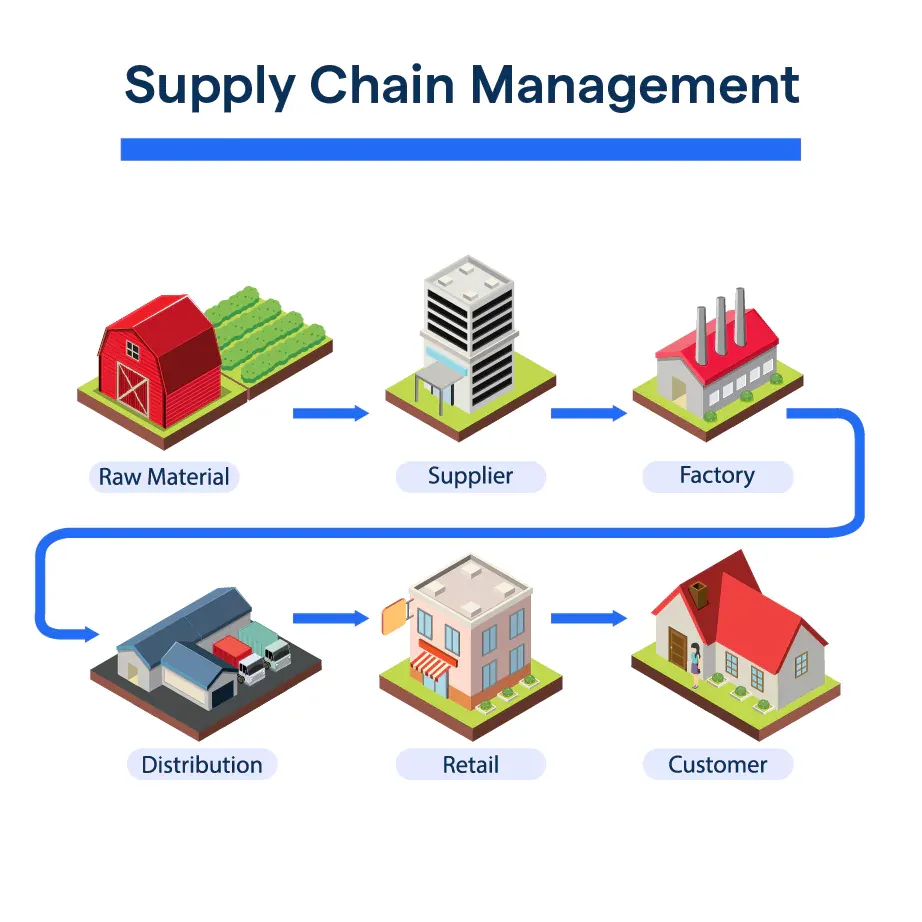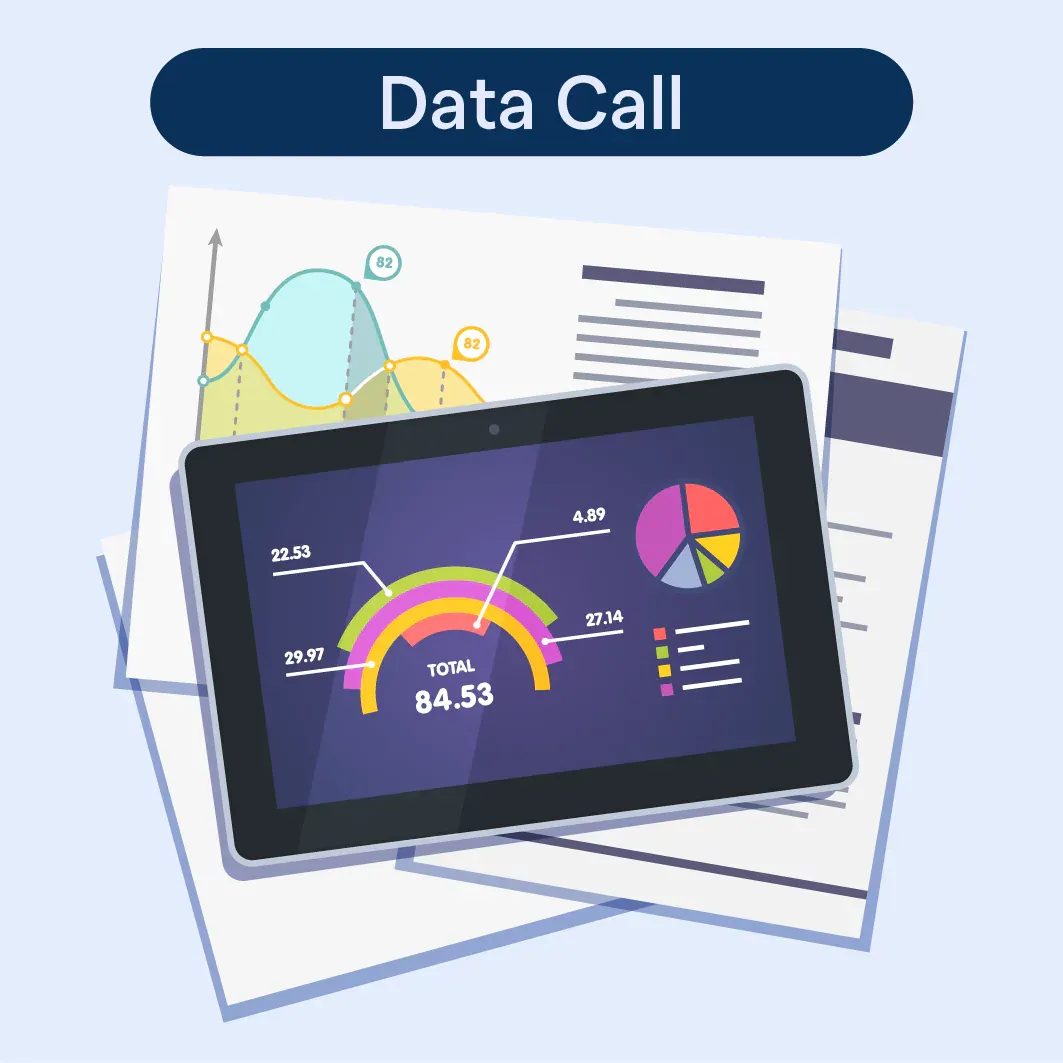What is a Data Call?
A data call is a request for specific information or datasets from various sources, such as organizations, departments, or individuals. It often serves as a crucial step in gathering and consolidating data for analysis, reporting, or decision-making.
Data calls enable organizations to collect and analyze information from diverse sources, helping them make informed decisions and develop strategies. They facilitate collaboration and data sharing among stakeholders, fostering a data-driven culture that leads to better outcomes.
Key Components of a Data Call
Some essential components of a data call include:
- Data requirements: Clearly defined data needs and specifications.
- Data sources: Identified organizations or individuals who can provide the required data.
- Data collection methods: Techniques for gathering data, such as surveys or data extraction from existing systems.
- Data quality standards: Criteria for ensuring the accuracy, reliability, and relevance of collected data.
- Data security and privacy: Measures to protect sensitive information and comply with relevant regulations.
When to Use Data Calls?
Identifying Data Needs
Data calls are typically initiated when an organization or individual identifies a specific data need that cannot be fulfilled through existing resources. This may involve addressing knowledge gaps, supporting decision-making, or exploring new opportunities.
Timing and Frequency of Data Calls
The timing and frequency of data calls depend on various factors, such as the urgency of the data needs, the availability of data sources, and the resources required for data collection and analysis. Some data calls may be one-time events, while others may be conducted periodically to track trends or monitor progress.
Who is Involved in a Data Call?
Data Providers
Data providers are the organizations or individuals who supply the requested data in a data call. They may include government agencies, private companies, research institutions, or even individual experts.
Data Requesters
Data requesters are those who initiate the data call, seeking specific information or datasets to fulfill their data needs. They can be decision-makers, analysts, researchers, or other stakeholders who require data for various purposes.
Data Analysts and Data Scientists
Data analysts and data scientists are responsible for processing, analyzing, and interpreting the collected data to generate insights and inform decision-making. They play a crucial role in ensuring that the data call results are accurate, relevant, and actionable.
Where are Data Calls Used?
Industries and Sectors
Data calls are used across various industries and sectors, such as finance,healthcare, transportation, and telecommunications. They facilitate data-driven decision-making, helping organizations identify trends, optimize processes, and enhance customer experiences.
Government and Non-Government Organizations
Both government and non-government organizations use data calls to gather information for policy development, program evaluation, and resource allocation. Data calls can help these organizations make evidence-based decisions and improve public services.
Research and Academia
Researchers and academics often initiate data calls to collect data for their studies, analyses, and publications. Data calls enable them to access up-to-date information, validate hypotheses, and contribute to the advancement of knowledge in their respective fields.
Why are Data Calls Important?
Supporting Decision-Making
Data calls provide organizations with the necessary information to make informed decisions, develop strategies, and allocate resources effectively. By consolidating data from various sources, data calls enable decision-makers to gain a comprehensive understanding of the situation and make better choices.
Enhancing Collaboration and Data Sharing
Data calls foster collaboration and data sharing among stakeholders, breaking down silos and encouraging the exchange of information. This collaborative approach can lead to innovative solutions, improved efficiency, and better outcomes for all parties involved.
Encouraging Data-Driven Innovations
By making data more accessible and usable, data calls promote a data-driven culture that encourages organizations to explore new opportunities and develop innovative solutions. Data calls can help organizations identify trends, uncover insights, and stay ahead of the competition.
How to Conduct a Data Call?
Identifying Data Requirements
The first step in conducting a data call is to clearly define the data requirements, including the specific information needed, the desired format, and any relevant quality standards. This helps ensure that the data call results meet the intended purpose and can be easily analyzed and interpreted.
Defining Data Call Processes
Establish a clear process for the data call, including the roles and responsibilities of all parties involved, the methods for data collection, and the timeline for completing the data call. This helps ensure that the data call is conducted efficiently and effectively.
Establishing Data Quality Standards
Develop criteria for assessing the quality of the collected data, such as accuracy, completeness, timeliness, and relevance. These standards help ensure that the data call results are reliable and can be used with confidence in decision-making and analysis.
Ensuring Data Security and Privacy
Implement measures to protect sensitive information and comply with relevant data protection regulations, such as encrypting data, restricting access to authorized users, and anonymizing personal information. This helps maintain the trust of data providers and mitigates the risk of data breaches or privacy violations.
Communicating Data Call Results
Share the results of the data call with relevant stakeholders, highlighting key findings, insights, and recommendations. This helps ensure that the data call results are understood and used effectively in decision-making and strategy development.
Use Cases of Data Calls
Real-Time Data Analytics
Data calls enable businesses to access and analyze data in real-time, allowing them to make informed decisions quickly. This is particularly useful in industries such as finance, where staying updated on market trends and making timely decisions can significantly impact profits.

Customer Relationship Management
Data calls play a crucial role in improving customer service and managing customer relationships. By integrating data calls into CRM systems, businesses can access relevant customer information, such as purchase history and preferences, to provide personalized and timely support.

Supply Chain Management
In supply chain management, data calls help organizations monitor and optimize their supply chain processes. By collecting and analyzing data from various sources, businesses can track inventory levels, identify bottlenecks, and forecast demand, enabling them to make better decisions about production, distribution, and procurement.

Telecommunications
Telecommunication companies use data calls to monitor network performance and manage their infrastructure. Analyzing call records and network traffic data helps identify and resolve issues, ensuring optimal network performance and customer satisfaction.
Healthcare
In the healthcare industry, data calls are used to collect and analyze patient information, improving patient care and outcomes. By accessing electronic health records, medical professionals can make informed decisions about treatment plans and monitor patient progress, leading to better overall care.
Data Call Best Practices
Building a Data Call Strategy
Develop a comprehensive data call strategy that outlines the objectives, scope, and methods for conducting data calls. This helps ensure that data calls are aligned with organizational goals and contribute to the overall success of the organization.
Leveraging Data Management Tools
Utilize data management tools and technologies, such as data warehouses, data lakes, and data integration platforms, to streamline data collection, storage, and analysis. These tools can help organizations manage data calls more efficiently and derive greater value from the collected data.
Fostering a Data-Driven Culture
Promote a data-driven culture within the organization by encouraging data literacy, providing training and resources, and recognizing the value of data in decision-making and strategy development. This helps ensure that data calls are embraced and leveraged effectively across the organization.
Continuously Improving Data Call Processes
Regularly review and refine data call processes, incorporating feedback from stakeholders and lessons learned from previous data calls. This helps ensure that data calls remain effective, efficient, and relevant to the organization's evolving data needs.
Frequently Asked Questions (FAQs)
How do data calls improve decision-making?
Data calls provide real-time access to relevant information, enabling businesses to make informed decisions based on current data, trends, and insights.
Can data calls be integrated with existing systems?
Yes, data calls can be integrated with existing systems, such as CRM and ERP, to enhance their functionality and provide seamless access to critical data.
How do data calls support predictive analytics?
Data calls allow for the collection and analysis of large datasets, enabling the development of predictive models and forecasts to support proactive decision-making.
What are the potential challenges of using data calls?
Challenges may include data security, network latency, and ensuring data accuracy and consistency, which can be addressed through proper implementation and monitoring.
How can data calls be optimized for performance?
Optimizing data calls involves techniques such as caching, indexing, and load balancing to reduce latency, improve response times, and ensure efficient data retrieval.


